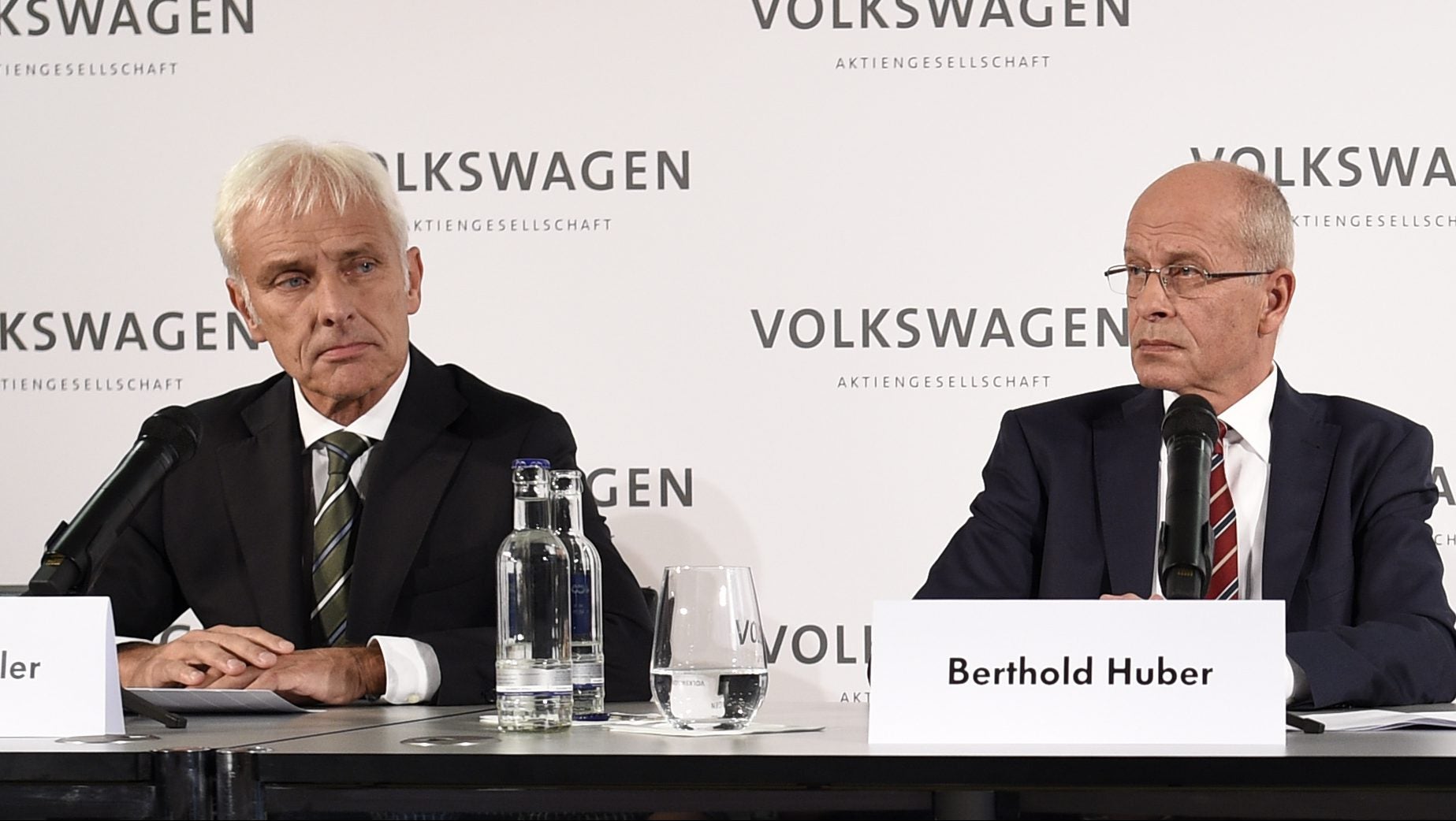European boards only think they value company culture
A healthy corporate culture has always been valued, but a string of crises—think Dieselgate at Volkswagen, or the sexual harassment crisis at Uber, or most recently at The Weinstein Company—have proven that a dysfunctional, non-inclusive culture is a dire corporate risk.


A healthy corporate culture has always been valued, but a string of crises—think Dieselgate at Volkswagen, or the sexual harassment crisis at Uber, or most recently at The Weinstein Company—have proven that a dysfunctional, non-inclusive culture is a dire corporate risk.
That’s why it’s surprising that a new report from Europe has found a troubling discrepancy in what European boards believe about culture and how those beliefs are reflected in board agendas, data-gathering, and actions.
In a survey of 450 CEOs, CFOs, chairs, and other board members—two-thirds of whom work for public companies in the UK and mainland Europe—respondents ranked “tone at the top” as the most important influence on company culture. And yet 63% of the participants sit on boards that fail to consider the risks associated with their own corporate culture, according to the findings of the research group Board Agenda, which worked with the business school INSEAD, and the accounting and consulting company Mazars to produce the report.
A quarter of the respondents said their boards hadn’t “spent much time” thinking about culture related to the company’s strategy, while another quarter said their board was aware of “some significant gaps” between the company’s culture and strategy, and was dealing with them.
Only 11% said what they aimed for was “very clear” and they “have actively checked that all are well aligned.”
Meanwhile, one in four respondents said their members “need to devote significant additional time” to discussions about culture, and almost 15% of respondents reported that it simply wasn’t highly valued.
Clearly, some outdated attitudes about who should be in charge of company culture lingers, said Marie-Louise Clayton, non-executive director at Clarksons, a London-based shipping company, in response to the study.
“This study shows the compartmentalised approach that companies and boards have with culture,” she told Board Agenda. It’s “[a]lmost as if boards think that it’s the rest of the company that need to be told what the culture is, and there is not a tremendous amount of self-criticism.”